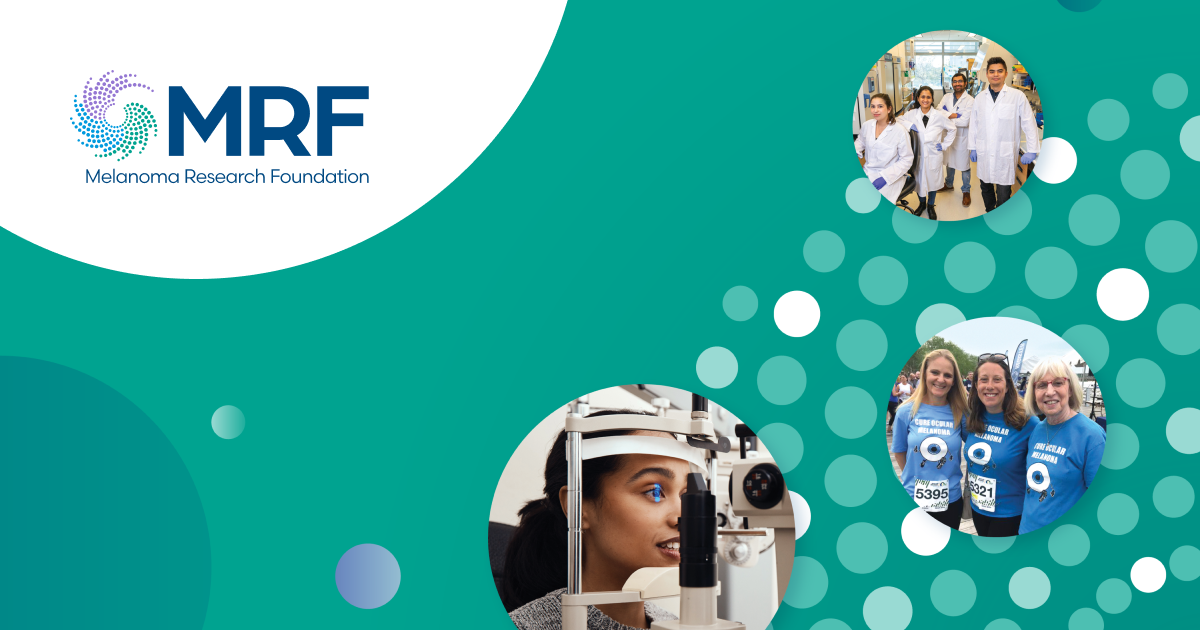Melanoma News |
October 3, 2013
Government Shutdown – Essential Personnel

For the first time in 2 decades, the U.S. government has shut down. Media have focused a great deal of attention on the closure of national parks and restrictions to veterans’ benefits. In social media, the outrage over the National Zoo’s “Panda Cam” has run high. Yet, the impact this shutdown will have on the health of Americans, and particularly those with cancer, is largely being overlooked.
Essential Personnel
For the first time in 2 decades, the U.S. government has shut down. Media have focused a great deal of attention on the closure of national parks and restrictions to veterans’ benefits. In social media, the outrage over the National Zoo’s “Panda Cam” has run high. Yet, the impact this shutdown will have on the health of Americans, and particularly those with cancer, is largely being overlooked. As a result of the shutdown, critical initiatives at three government agencies have come to an abrupt stop:
- First and foremost, the National Cancer Institute (NCI), the leading source of support for cancer research, is impacted by this shutdown. The NCI is part of the National Institutes of Health (NIH) and the NIH is no longer accepting new patients. Typically, 200 patients sign up for clinical trials every week at the NIH, and they are all being told they must wait. I know melanoma patients whose lives were saved by being in these trials, and I know that many, many patients have been waiting to be admitted. Now that is on hold indefinitely.
- The Food and Drug Administration (FDA) is responsible for ensuring the food and medicines we buy are safe and effective. According to the FDA, food inspectors (except meat inspectors) are considered non-essential. Every day the government is shut down, we can be sure that inspections will not occur in at least 50 and 60 food processing facilities, the kinds of facilities that have been responsible for outbreaks of salmonella and other diseases. The FDA is also responsible for moving drugs through the clinical trial process and to approval. Several melanoma drugs that are showing significant promise are in the testing phase. Will these drugs be delayed because of this action? Merck’s anti-PD1 drug was given the designation of a “breakthrough therapy” but may be sidelined while FDA offices are closed. The agency promised Priority Review for the approval of two drugs to be used in combination, with a promise of a hearing date by January. Will that now become March, April, or even later due to the shutdown?
- With the shutdown, the Centers for Disease Control and Prevention (CDC) are not able to actively track flu, pneumonia or the whooping cough. The CDC develops messages addressing critical health issues, and tracks the patterns of disease in the country. This means the agency’s recent efforts to address the impact of sun exposure will go silent. Whether the shutdown lasts another day, week or month, research shows an important element of effective healthcare communication is messages offered consistently over time. Will a gap in that messaging curtail the impact of the message?
Cancer patients are in a fight for their lives. Every day, every hour counts. We cannot afford to bring to a screeching halt all of the efforts that are leading to better treatments and cures. Patients cannot afford to put their care on hold because of a government shutdown.
When the story of this impasse is told, it is likely to be described in terms of someone missing out on their life-long dream to see Yellowstone or young couples who cannot marry at national monuments. The real story is far darker. It is about someone missing out on their life.



